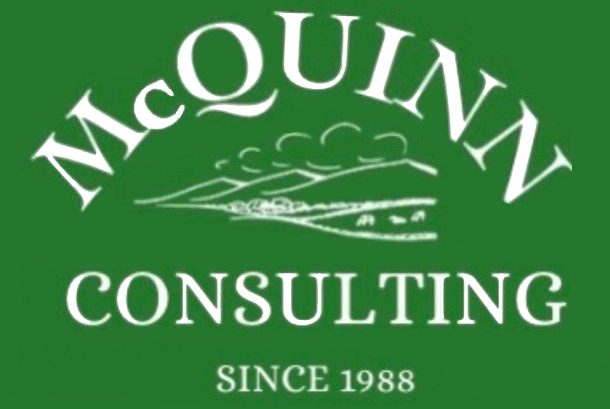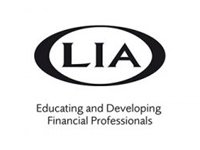Long Term Land Leasing
Over the last number of years there has been a steady increase in Long Term leases of agricultural land across the county.
The favourable tax breaks for landowners coupled with the security it offers to the Lessee makes it very attractive for both the lessee and lessor. The security of tenure it offers to the Lessee enables them to plan for the long term while also allowing them to invest in the land i.e reseeding, erect new fencing, improve drainage etc. Shorter term leases do not offer this security. Furthermore, long term leases are especially important in securing bank credit from a financial institution as they generally match loan terms to lease duration.
Of significant importance now, is the maintenance of eligibility for Retirement relief by those who lease out their lands on a long term basis. Remember, this relief is no longer available to those landowners who let their land on a short term basis.
The Lease Agreement
Where an agreement is reached in principle between a landowner and potential tenant then the next step is to have a written agreement between both parties. The standard agricultural lease used in Ireland today is the IFA Master Lease document and can be viewed and downloaded on their website. This agreement covers the main items such as commencement date, rent, term of lease, rent review, BPS Entitlements repayment and any special conditions. In order for the Landowner to be eligible for the tax relief it will also need to be stamped by the Revenue Commissioners. The lease is also a great way to minimise any risk or confusion between the Lessee and Lessor.
It is advised that both Lessor and Lessee pay particular attention to the ‘Special Conditions’ that they enter on the Master Lease. Issues such as land management conforming to GAEC, Soil Fertility maintenance , Break Clause conditions, should be carefully researched and professional advice taken in all cases.
BPS Entitlements
One of the first questions a Landowner will ask when he/she is about to enter into a long term lease is what can be done to preserve their BPS Entitlements. Generally leasing entitlements for the Lessor has not caused any major issues as the entitlements were leased with land and were documented in the Lease agreement. The transfer of entitlements form from the DAFM does not provide any provisions to protect the lessor from non-payment by the lessee. It is to be recommended that a separate written agreement/contract for the entitlements (Lease or Rental) is signed by both parties. This avoids any uncertainty if a dispute arises and clarifies when the entitlements are to be reimbursed back to the owner.
Rent Payment
Traditionally rent was paid in two moiety payments, usually the first around Spring time (March say) and the second towards the fall of the year (September say). However it is becoming more apparent that landowners are now insisting that the rent be paid on a monthly basis by direct debit.
The standard lease agreement provides that if the rent is in arrears for 21 days after becoming due, the landowner is entitled to re enter the land and the lease will terminate. and the landowner may still pursue the tenant for the outstanding monies.
It is recommended that a common sense approach be used when entering into a lease and the landowner should know who he/she is dealing with and enquire as to the potential tenants track record.
There are many things to consider before entering into a long term lease such as practical, legal and tax considerations. You should get advice in respect of all of these aspects before making a decision.
Eamonn McQuinn B.B.S., MIPAV, QFA.
Estate Agent & Valuer
Qualified Financial Adviser.






